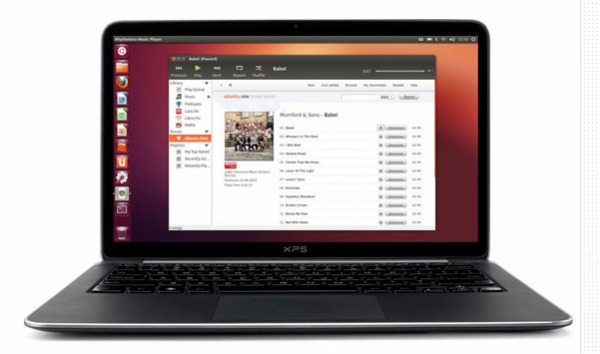Sign up to receive The Snapshot, a free special dispatch from Laptop Mag, in your inbox.
You are now subscribed
Your newsletter sign-up was successful
China is teaming up with Canonical, the company behind the Linux distribution Ubuntu, to build an official open-source operating system for Chinese users. The Chinese Ministry of Industry and Information Technology (MII) chose Ubuntu as the basis for the new system architecture, building a new version called Ubuntu Kylin. The new OS will run on both desktop computers and in the cloud.
The current version of Ubuntu Kylin already includes special input methods customized for Chinese characters, a new weather indicator, and the ability to search across Chinese music services directly from the Dash. Future iterations be even more targeted for Chinese user's needs, bringing Baidu maps, payment processing for Chinese banks and instant train and flight information to the OS.
"The release of Ubuntu Kylin brings the Chinese open source community into the global Ubuntu community," said Mark Shuttleworth, founder of Canonical. "With Ubuntu Kylin, China now has its own secure and stable desktop operating system, produced alongside Ubuntu's global community."
The China Software and Integrated Chip Promotions Center and the National University of Defence Technology and teamed up with Canonical to form the CNN Open Source Innovation Joint Lab in Beijing, the organization which will accellerate the development of Ubuntu Kylin for desktop and cloud usage.
This move is part of a five-year initiative by the Chinese government to increase the adoption of open-source software. According to the BBC, the Chinese government has embraced open-source software solutions as a way to move away from Western software, such as Apple's OS X and Microsoft Windows.
- The 10 Best Bargains in Tech Today
- Top 15 Business Travel Gadgets
- Top 5 Apps That Help You Earn Extra Money
Sign up to receive The Snapshot, a free special dispatch from Laptop Mag, in your inbox.

